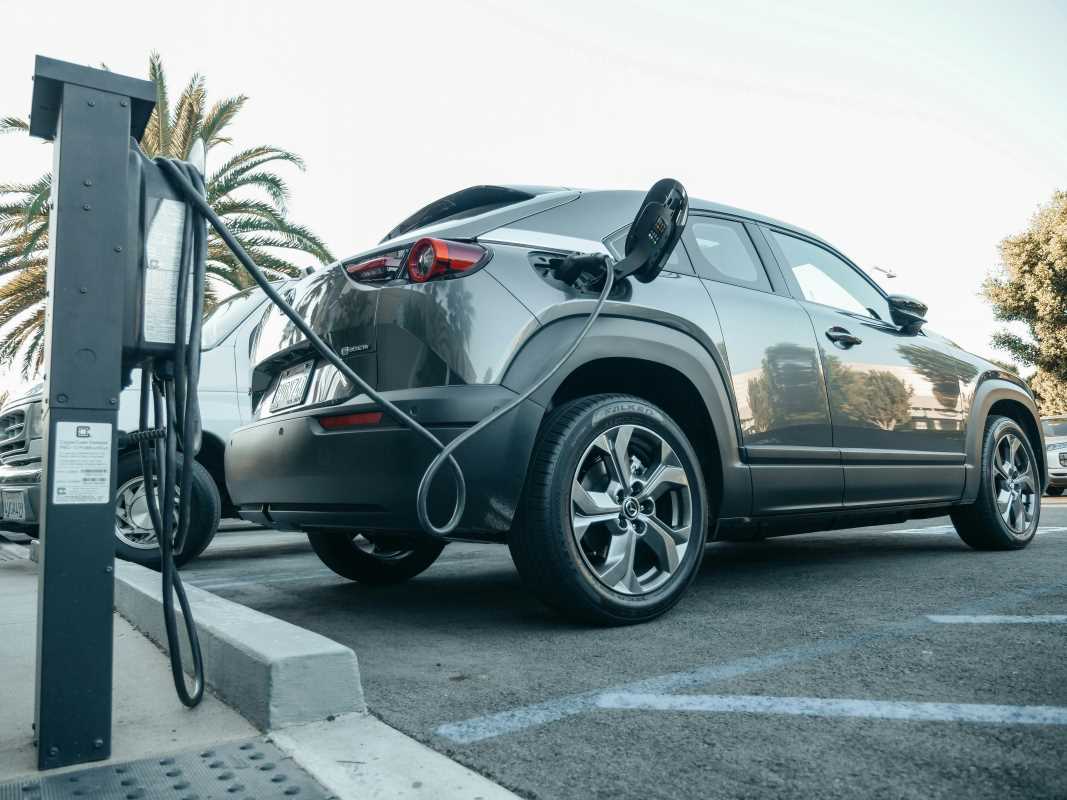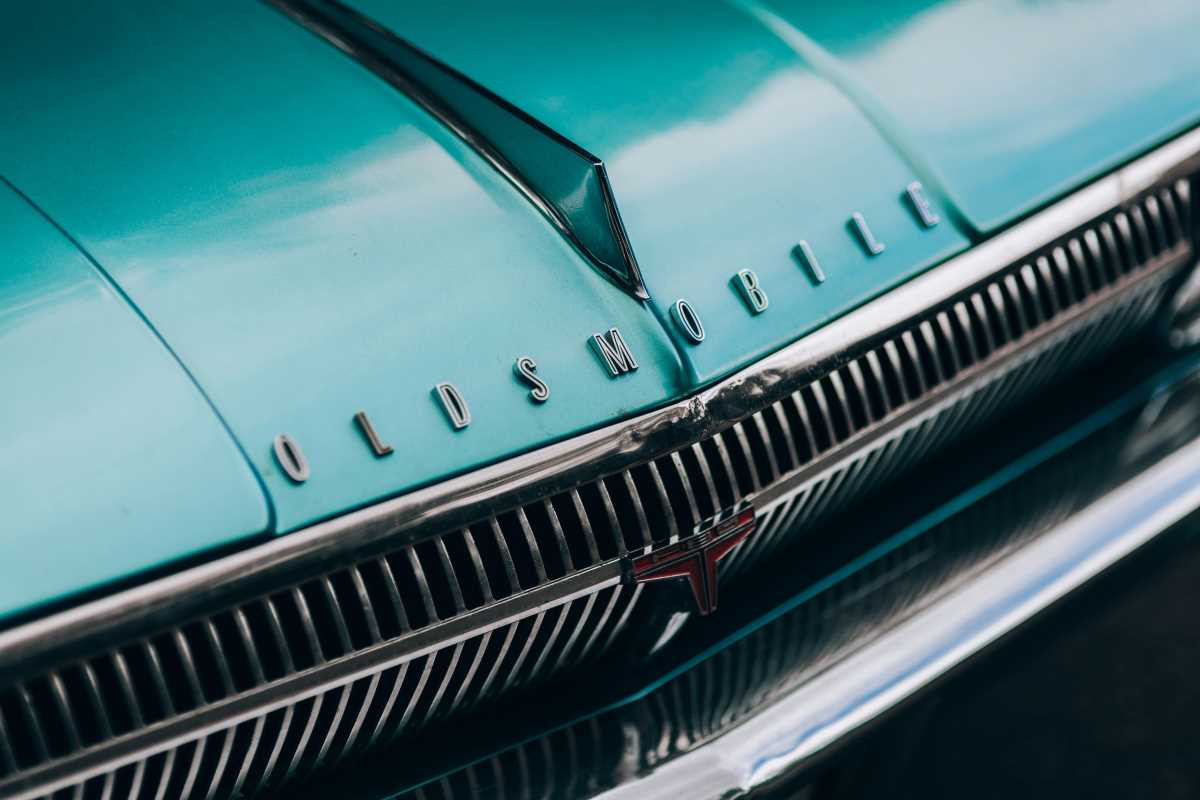Buying a used car can feel like a treasure hunt. If you know what to look for, you might find the vehicle of your dreams at a price that won’t make your wallet weep. But if you go in blindly, you could end up with a costly lemon instead of a reliable ride. The secret? Asking the right questions. Sure, kicking the tires is great, but what really matters is getting the answers to some key details about the car you’re eyeing.
Whether you’re shopping from a dealership or a private seller, making an informed decision starts with a little curiosity. Here are the must-ask questions that every savvy buyer should have up their sleeve before signing on the dotted line.
What Is the Vehicle’s History?
Before you fall for a car’s shiny exterior or that “new-ish” car smell, dig into its backstory. A vehicle history report is your window into the car’s past life. This report will reveal important details like whether the car has been in accidents, how many owners it has had, and whether it’s been used as a rental or fleet vehicle.
Be wary of any significant red flags on the report. For instance, a history of frequent accidents or flood damage could spell trouble down the road. Sellers should have no problem sharing this information with you. If they hesitate or seem shifty, it’s time for you to shift your attention elsewhere.
Why Is the Car Being Sold?
While this might feel like a direct question, it’s an essential one to ask. The seller’s reasoning can give you valuable clues about the vehicle’s condition. A dealership might not have much of a story here, but private sellers almost always have a reason for putting their car up for sale.
If the answer is something straightforward, like a need for extra cash or upgrading to a newer model, you’re probably safe. But answers that feel vague (“I just don’t need it anymore”) or overly defensive could signal potential issues with the car. Reading between the lines is an important skill here.
What Mechanical and Cosmetic Condition Is It Really In?
Inspecting the car in person is crucial, but you should also ask the seller to point out any issues you might not immediately spot. A good seller will be upfront about scratches, dents, or small quirks like “the stereo sometimes has a mind of its own.”
More importantly, ask about the mechanical condition. Has the car had regular maintenance? Are there any rattles, squeaks, or strange noises? If possible, bring a trusted mechanic along for a professional evaluation. They can help you uncover hidden issues the untrained eye might miss. Skimping on this step can lead to expensive regrets later.
Is the Mileage Reasonable?
Mileage is one of the key indicators of a car’s wear and tear. On average, a car racks up about 12,000 to 15,000 miles per year. If the odometer shows far more than that relative to the car's age, you might want to proceed with caution. High mileage isn’t a dealbreaker, especially if the car has been well-maintained, but it does mean you should scrutinize its condition more carefully.
Less mileage isn’t automatically better, either. A car with suspiciously low mileage might have been sitting unused for long stretches, which could lead to issues like dry rot on tires, rust, or degraded fluids.
What Features and Add-Ons Are Included?
Modern cars come with bells and whistles galore, from advanced safety features to tech-heavy entertainment systems. Asking about the car’s specific features ensures you know exactly what you’re buying.
You’ll also want to check if the car comes with any extras, like a set of snow tires, roof racks, or upgraded audio equipment. Sometimes private sellers and even dealerships will bundle these in to sweeten the deal, but you won’t know unless you ask! Be sure to confirm that everything works as advertised.
What Does the Maintenance Record Look Like?
A detailed maintenance history is the car equivalent of a tidy report card. It tells you that the owner took care of the vehicle and stayed on top of essential services like oil changes, brake replacements, and tire rotations. A well-maintained car stands a better chance of being a reliable investment.
On the flip side, a spotty or nonexistent maintenance record can be worrying. If the seller can’t provide proof that the car has been kept in good shape, you’ll need to weigh the potential risks of unexpected repairs. And while you’re at it, ask whether the car has had any major work done, such as engine rebuilds or transmission replacements.
Can I Take It for a Test Drive?
This might seem like a no-brainer, but believe it or not, some buyers skip this step. A test drive is non-negotiable when buying a used car. It’s your opportunity to get a feel for how the car handles and to notice anything that seems off.
Pay attention to things like how the brakes respond, whether the steering feels smooth, and how it rides over bumps. Turn off the radio and listen for weird noises. A test drive is also the perfect chance to see if you actually like being inside the car. After all, you’re not just buying a machine; you’re buying something you’ll spend a lot of time sitting in.
Key Tips for Navigating Used Car Deals
Before you walk away with your new-to-you car, keep these pointers in mind:
- Always negotiate. The listed price is often just the starting point, especially with private sellers.
- Research the car’s market value on websites like Kelley Blue Book to ensure you’re getting a fair deal.
- Double-check the title and paperwork to confirm you're dealing with the legal owner.
- Consider getting a pre-purchase inspection from a mechanic, even if the car seems perfect.
- Walk away if something feels off. It’s better to miss out on one car than to end up stuck with something unreliable.
These simple actions can make all the difference between a joyful purchase and regret.
Why Asking the Right Questions Matters
Buying a used car is like a puzzle. Each question you ask adds a piece, helping you see the full picture before committing. Knowledge is power, and in the used car world, it can save you from ending up with a vehicle that drains your bank account or leaves you stranded on the side of the road.
By being thorough and asking these essential questions, you'll walk away as a confident, informed buyer ready to hit the road with peace of mind.







